Home

First Period After Failed IVF Cycle: What to Expect and How to Cope
In this Article
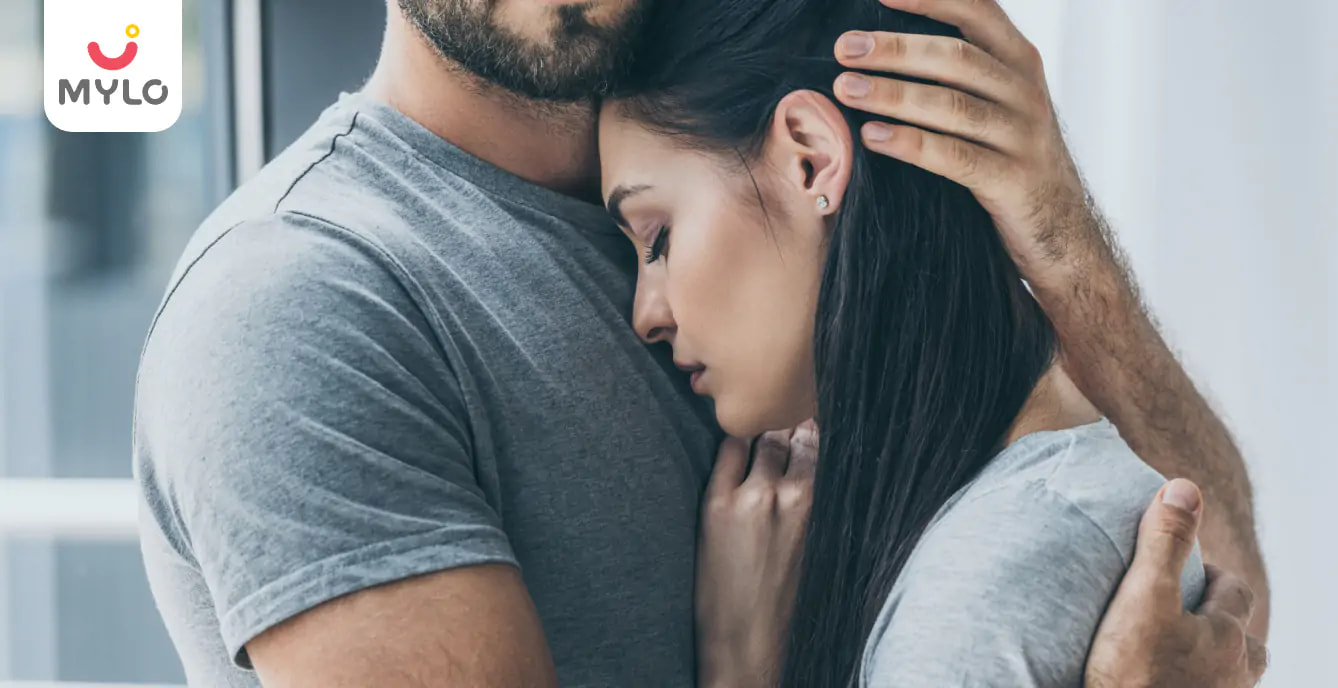
First Period After Failed IVF Cycle: What to Expect and How to Cope
Updated on 29 September 2023
In vitro fertilization (IVF), a medical procedure for couples struggling with infertility, can be a successful treatment for many couples, but it is not always a guarantee. When an IVF cycle fails, it can be a devastating experience for couples who have already been through a lot emotionally, physically, and financially. One of the things that can be difficult to deal with is the first period after failed IVF cycle.
In this article, we will discuss when to expect a period after failed IVF cycle and how to cope with it.
Understanding the IVF Process and Why It Fails
Before delving into what happens after a failed IVF cycle, it is important to understand the IVF process and why it can fail. IVF involves several steps, including ovarian stimulation, egg retrieval, fertilization, and embryo transfer. The process is highly complex and requires precise timing and coordination.
There are many factors that can contribute to a failed IVF cycle, including poor egg quality, sperm abnormalities, implantation issues, and underlying medical conditions. It is important to note that even when everything goes perfectly during an IVF cycle, there is still no guarantee of success.
What Happens to the Body During IVF and After a Failed Cycle?
During an IVF cycle, the body is subjected to a variety of hormonal medications and procedures. These medications are used to stimulate the ovaries to produce multiple eggs, which can then be retrieved and fertilized. The process can be physically and emotionally taxing, as it requires regular injections, ultrasounds, and blood tests.
After a failed IVF cycle, the body may need time to recover from the physical and emotional stress. It is not uncommon for women to experience symptoms such as bloating, cramping, and soreness in the days and weeks following the procedure. Additionally, the hormonal medications used during IVF can cause mood swings, fatigue, and other side effects.
You may also like : Types of IVF, Their Benefits and Side Effects Everything You Need to Know..
When to Expect Your First Period After Failed IVF Cycle?
A common question most women have is “When will I get period after failed IVF”. The timing of the first period after a failed IVF cycle can vary. In general, most women will get their period within 4-6 weeks (about 1 and a half months) of their embryo transfer. However, some women may experience delays or irregularities in their menstrual cycle. This can be due to a variety of factors, including stress, hormonal imbalances, and underlying medical conditions.
No Period After IVF But Not Pregnant- Why?
There could be a number of reasons why a woman may not get her period after failed IVF despite not being pregnant. Hormonal fluctuations can cause a delay in menstruation, which is a common occurrence after IVF failure.
In some cases, the fertilized egg may fail to implant or develop after implantation, also known as a chemical pregnancy, which can cause a delay in menstruation. Additionally, poor embryo quality, uterine problems, chromosomal issues, or lifestyle factors can contribute to failed implantation and result in a delayed menstrual period.
It's important to note that the first period after failed IVF attempt may be different in duration and intensity than usual. If a woman is concerned about a delayed period after IVF, it's best to consult with a healthcare provider to determine the underlying cause and appropriate treatment.
You may also like: Recurrent Implantation Failure
Coping With the Emotional Impact of a Failed IVF Cycle
One of the most difficult aspects of a failed IVF cycle is coping with the emotional impact. Couples who have been through multiple rounds of IVF may feel like they are on an emotional rollercoaster, with each failed cycle bringing new levels of disappointment and grief.
It is important for couples to give themselves time to grieve and process their emotions. This can involve seeking support from friends and family, attending therapy, or joining a support group for couples struggling with infertility. It is also important to take care of oneself physically by eating well, exercising, and getting enough rest.
Dealing With Physical Symptoms During Period After Failed IVF
As previously mentioned, the first period after failed IVF cycle can be physically uncomfortable. Women may experience symptoms such as cramping, bloating, and soreness. It is important to take care of oneself during this time by getting enough rest, staying hydrated, and taking over-the-counter pain medication as needed.
After a failed IVF cycle, it is important for women to monitor their menstrual cycle closely. This can involve keeping track of the dates of their periods, as well as any unusual symptoms or irregularities. If a woman does not get her period within 6 weeks of her embryo transfer, she should speak with her physician.
If Not Pregnant After IVF When Does Period Start?
If a woman is not pregnant after an IVF cycle, her period will typically start within 4-6 weeks of her embryo transfer. However, as previously mentioned, there can be delays or irregularities in the menstrual cycle.
Tips for Coping With the Disappointment and Moving Forward
Coping with the disappointment of a failed IVF cycle can be challenging, but there are things that couples can do to help them move forward. Some tips include:
-
Seek support from friends and family
-
Attend therapy or join a support group for couples struggling with infertility
-
Take care of oneself physically by eating well, exercising, and getting enough rest
-
Consider taking a break from fertility treatments to focus on other aspects of life
-
Consider alternative options for building a family, such as adoption or surrogacy
You may also like: Intra-Uterine Insemination vs In Vitro Fertilization: Which is Better?
Closing Thoughts
A failed IVF cycle can be a difficult and emotional experience for couples struggling with infertility. Whether you have had the first period after failed IVF cycle or awaiting a period after failed IVF, it’s important to take care of yourself physically and emotionally and consider alternative options.
References
1. Bhattacharya S, Maheshwari A, Mollison J. (2013). Factors associated with failed treatment: an analysis of 121,744 women embarking on their first IVF cycles. PLoS One.



Written by
Priyanka Verma
Priyanka is an experienced editor & content writer with great attention to detail. Mother to an 11-year-old, she's a ski
Read MoreGet baby's diet chart, and growth tips

Related Articles
Related Questions
Influenza and boostrix injection kisiko laga hai kya 8 month pregnancy me and q lagta hai ye plz reply me

Hai.... My last period was in feb 24. I tested in 40 th day morning 3:30 .. That is faint line .. I conculed mylo thz app also.... And I asked tha dr wait for 3 to 5 days ... Im also waiting ... Then I test today 4:15 test is sooooo faint ... And I feel in ma body no pregnancy symptoms. What can I do .

Baby kicks KB Marta hai Plz tell mi

PCOD kya hota hai

How to detect pcos

RECENTLY PUBLISHED ARTICLES
our most recent articles
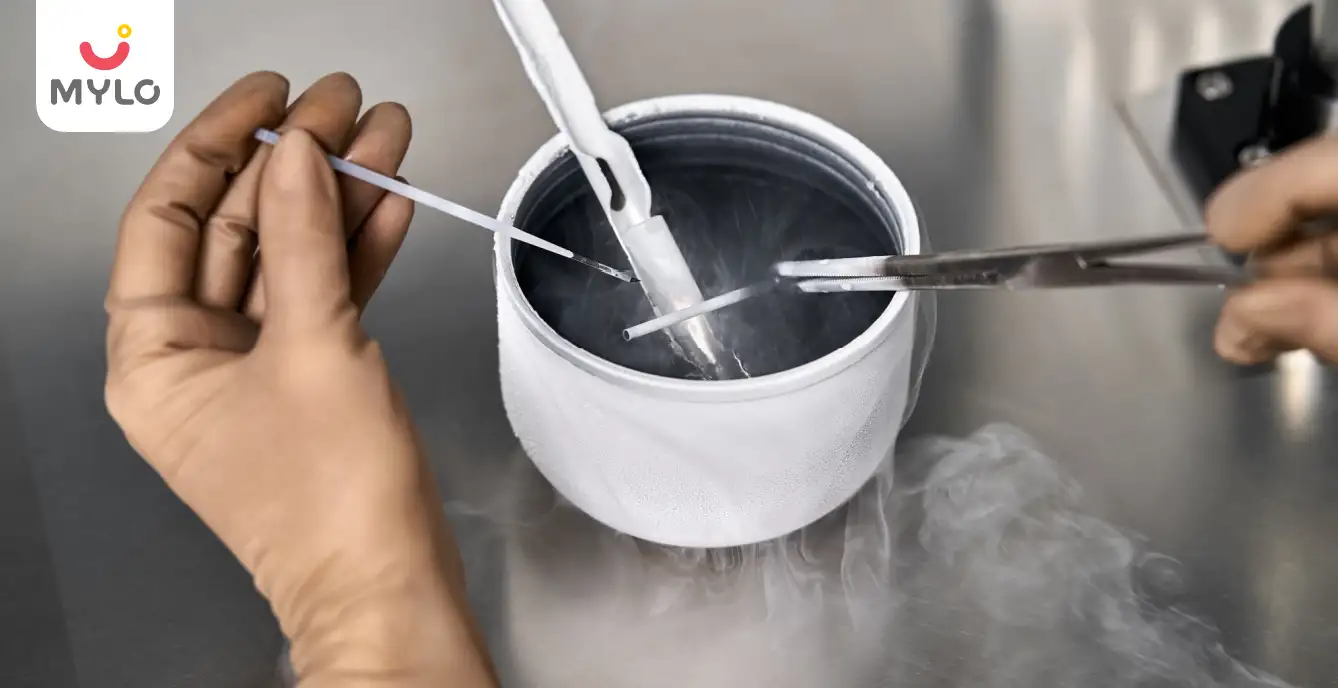
Fertility
Freezing Eggs: The Pros and Cons of Preserving Your Fertility
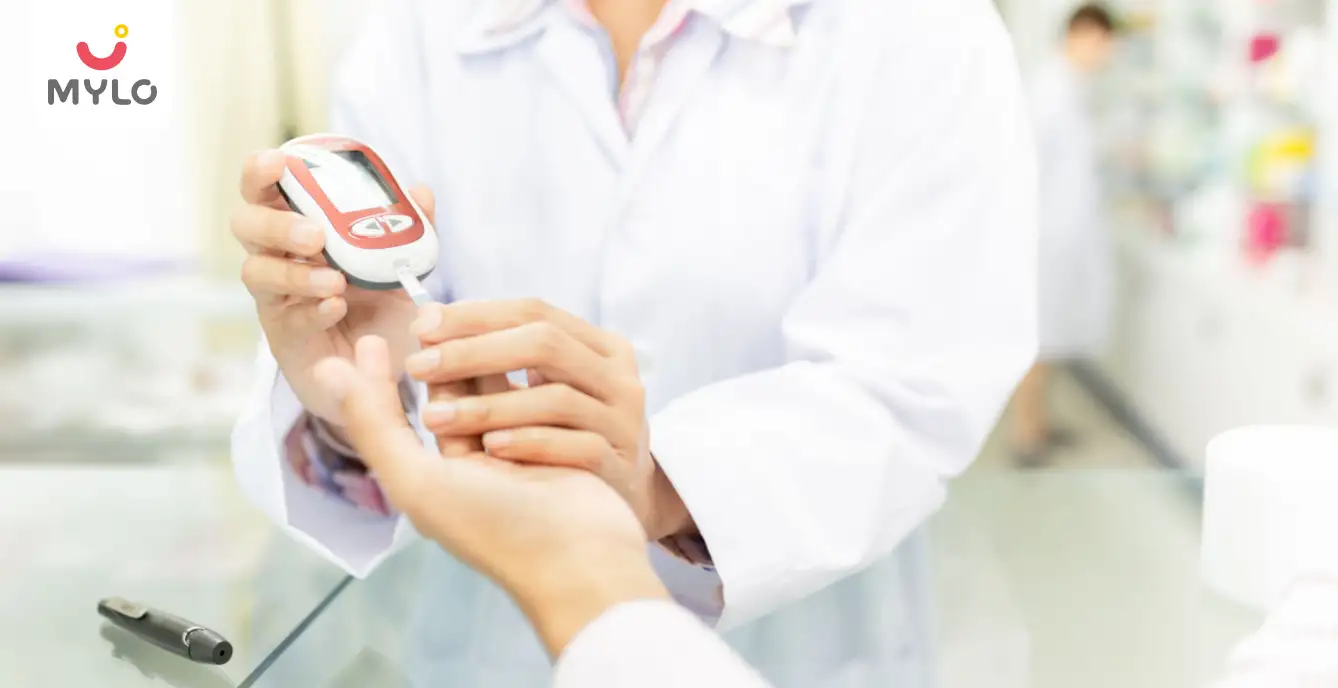
Fertility Problems
Can a Diabetic Woman Get Pregnant: Exploring the Facts and Myths
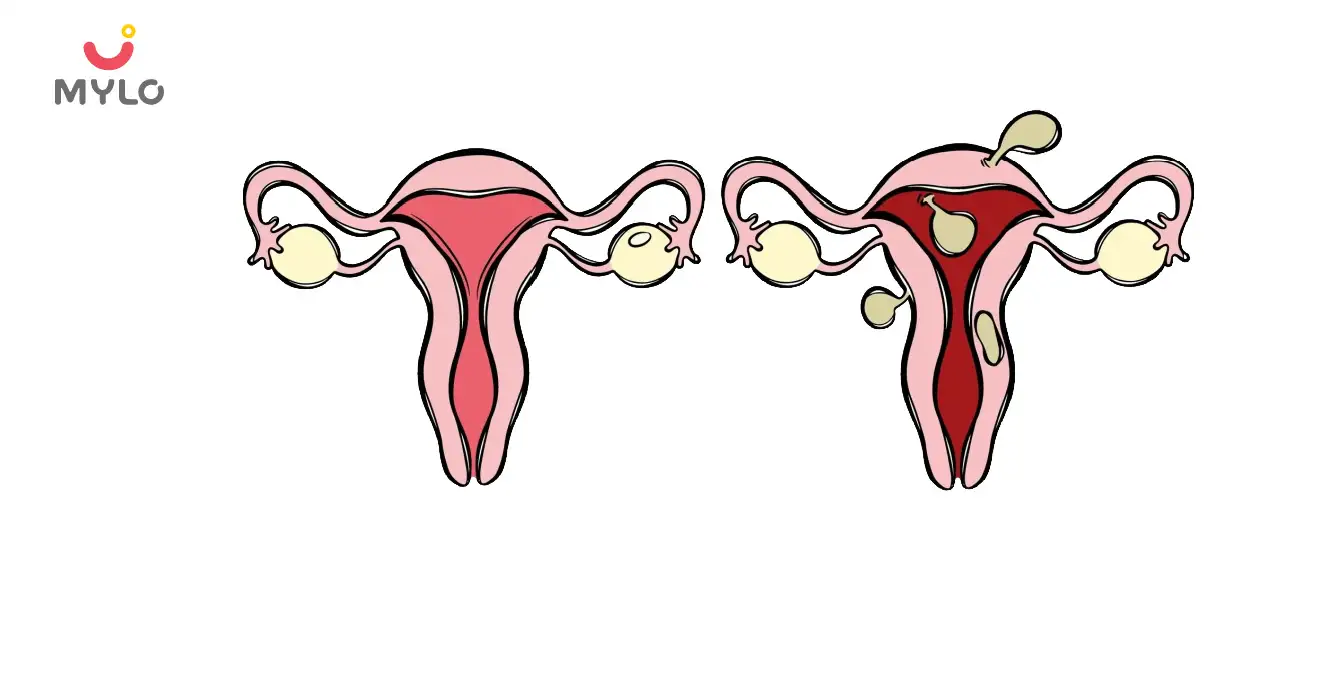
Women Specific Issues
Bulky Uterus with Fibroids: Understanding Causes, Symptoms, and Treatment Options
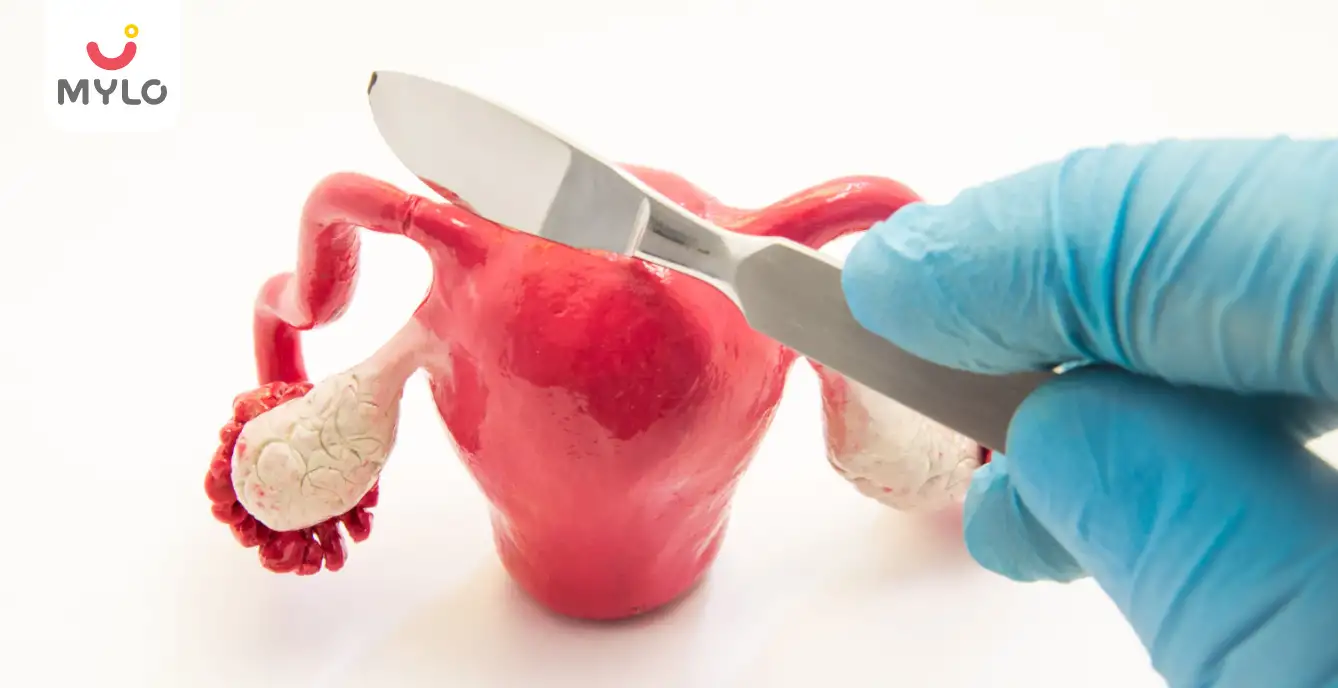
Medical Procedures
Tubal Recanalization: How This Procedure Can Help Restore Your Fertility
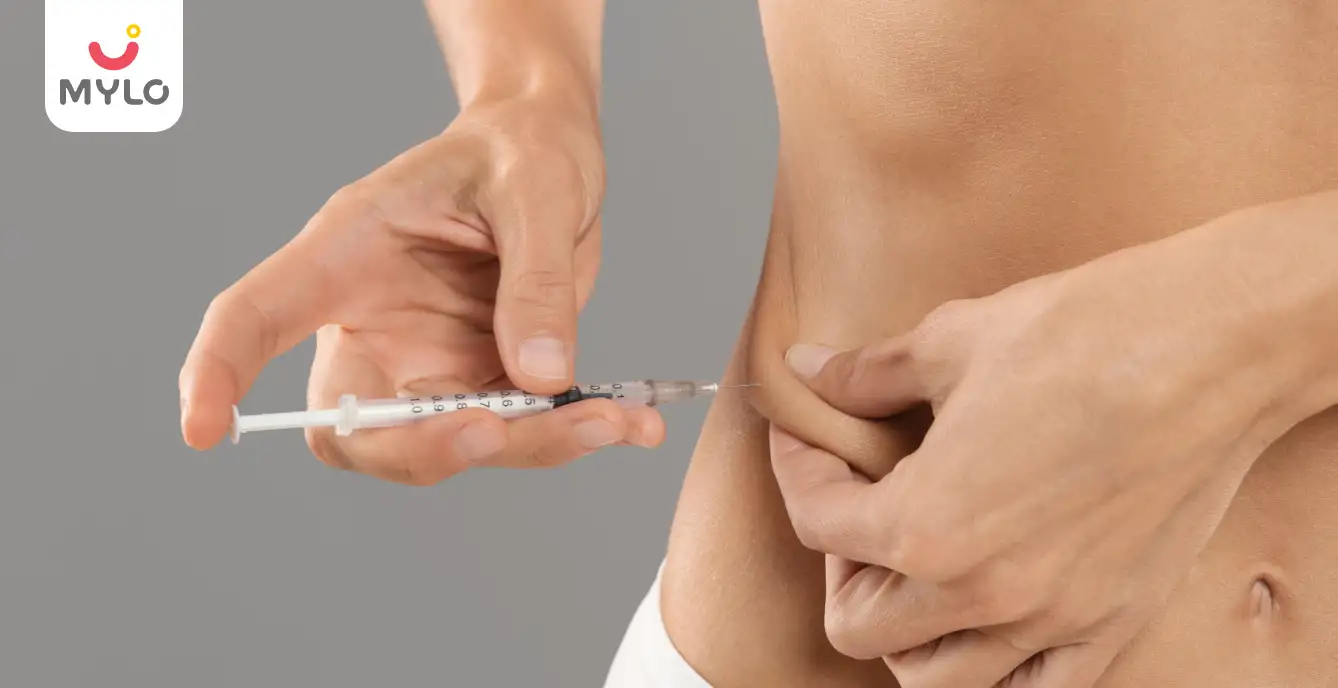
Hormones
Are FSH (Urofollitropin) Injections an Effective and Safe Fertility Treatment For You?
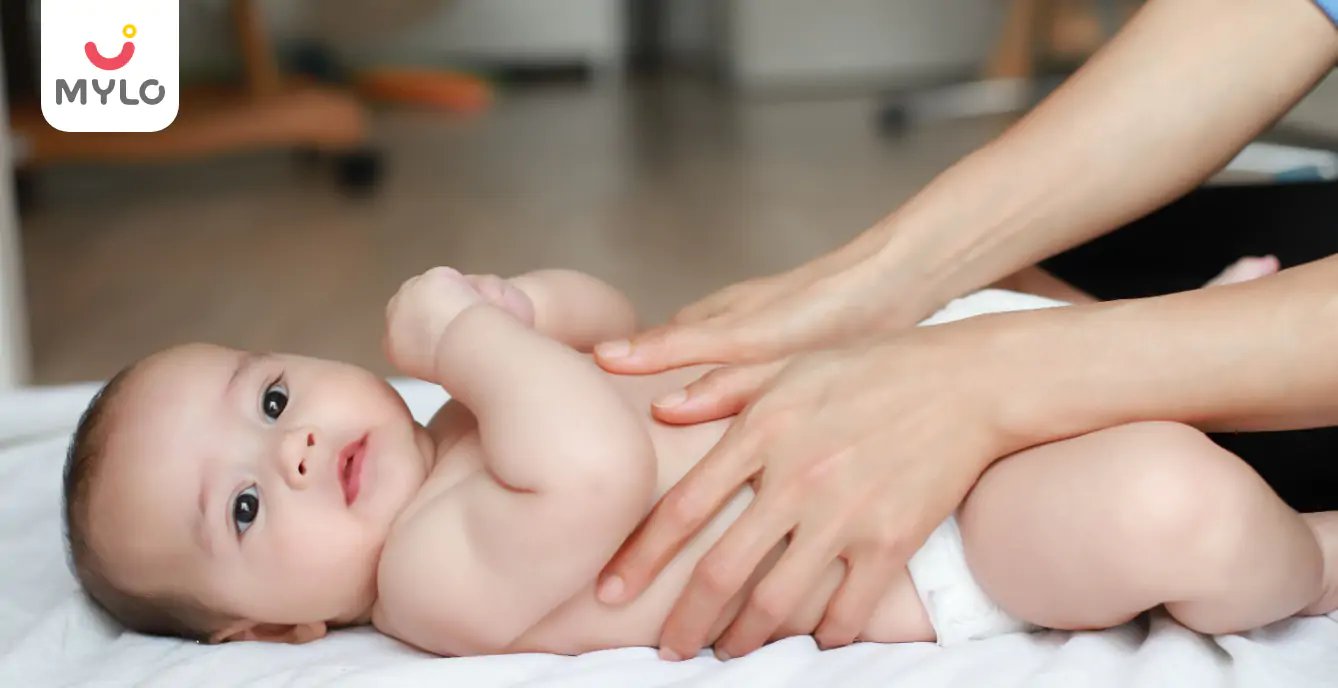
Baby Massage
The Ultimate Guide to Choosing a Baby Massage Oil for Summer
- The Ultimate Guide to Understanding a Follicle Size Growth Chart
- Fruits for PCOS: Your Guide to Making Healthy Choices
- Is Milk Good for PCOS: Exploring the Dairy Dilemma
- The Ultimate Guide to Using Ashokarishta for PCOS
- PCOS Pain: The Ultimate Guide to Causes and Effective Management
- 10 Best Mystery Books to Read in 2023
- 10 Best Non-Fiction Books to Read in 2023
- Is Ghee Good for PCOS: The Ultimate Guide to Benefits and Ways to Consume
- Is Curd Good for PCOS: The Ultimate Guide to Debunking Myths and Discovering Benefits
- Dark Chocolate for PCOS: Unlocking the Potential of a Guilt-Free Indulgence
- Beetroot for PCOS: Discovering a Natural Approach to Managing Symptoms
- Soy for PCOS: Should You Eat it or Avoid It?
- Cinnamon for PCOS: Discovering the Natural Support You've Been Missing
- When Do Babies Start Walking?


AWARDS AND RECOGNITION

Mylo wins Forbes D2C Disruptor award

Mylo wins The Economic Times Promising Brands 2022
AS SEEN IN

- Mylo Care: Effective and science-backed personal care and wellness solutions for a joyful you.
- Mylo Baby: Science-backed, gentle and effective personal care & hygiene range for your little one.
- Mylo Community: Trusted and empathetic community of 10mn+ parents and experts.
Product Categories
baby carrier | baby soap | baby wipes | stretch marks cream | baby cream | baby shampoo | baby massage oil | baby hair oil | stretch marks oil | baby body wash | baby powder | baby lotion | diaper rash cream | newborn diapers | teether | baby kajal | baby diapers | cloth diapers |




